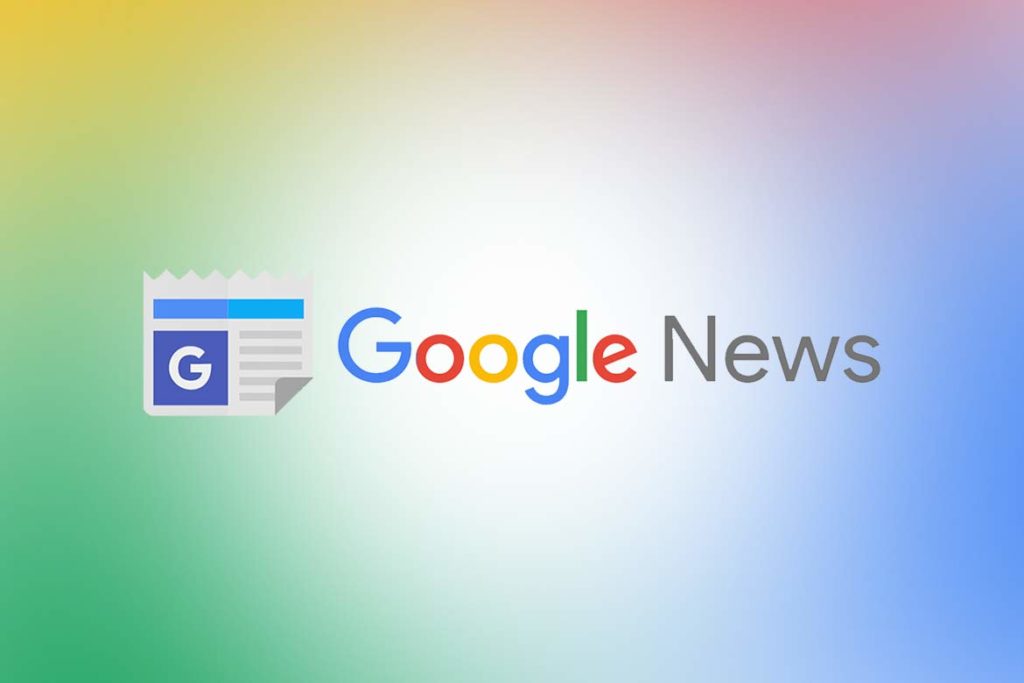Google and French newspapers have signed a historic deal, under which Goggle has agreed to pay the French publishers for content posted online. The reason we call this historic, is due to the fact that this has come after months of heated negotiations.
WHY THE DEAL IS GOOD??
The rise of internet has negatively impacted print media to a certain extent. This has been in the form of declining sales and circulation of newspapers. Thus, this deal is a welcome change. It will allow these publishers to have their own licencing agreements. Consequently, this will go on to solve the revenue deficit they were facing.
This deal will also put to rest the hostility of news organizations towards Goggle. The reason for this hostility was that Google made money from the ads that played on the pages which displayed the news of said organizations. On top of that Goggle did not pay the deserving share of revenue to the outlet. The deal has now put this problem to rest.
DETAILS
Following the signing of the deal, the APIG (Alliance de la Presse de l’Information Generale) made a statement regarding the framework of the agreement.
Firstly, there’s a clause on the deal dealing with “Neighboring Rights”. Google shows news articles by different publishers as search results, which the people view from the search engine itself. These rights mandate that Google needs to pay a sum to these publishers for showing and making money out of their content.

Secondly, the deal even pertains to the new GOOGLE NEWS SHOWCASE. This new feature allows publishers to curate and enrich their content. Now, Google needs to pay them in order for them to share content on this platform. According to the APIG Statement, the deal’s framework will calculate payments to individual publishers, which will be based on the following: –
- Daily volume of publications
- Amount of internet traffic generated
- Amount of information published
- Information relevance
Unfortunately, there are a number of loose ends that haven’t been tied as of yet. First of all, Google does not specify how much it plans to pay the APIG members. Secondly, the details regarding remuneration means are vague.
However, this deal comes after months of bargaining and finally will benefit the publishers of France. We can be sure of this as most members of the APIG include French national and Local Publishers. APIG Head Pierre Louette has summed it up in the best way: –
The deal amounts to the effective recognition of neighbouring rights for the press and the start of their remuneration by digital platforms for the use of their publications online.
In conclusion, this shall be a new beginning in the digital news space.
